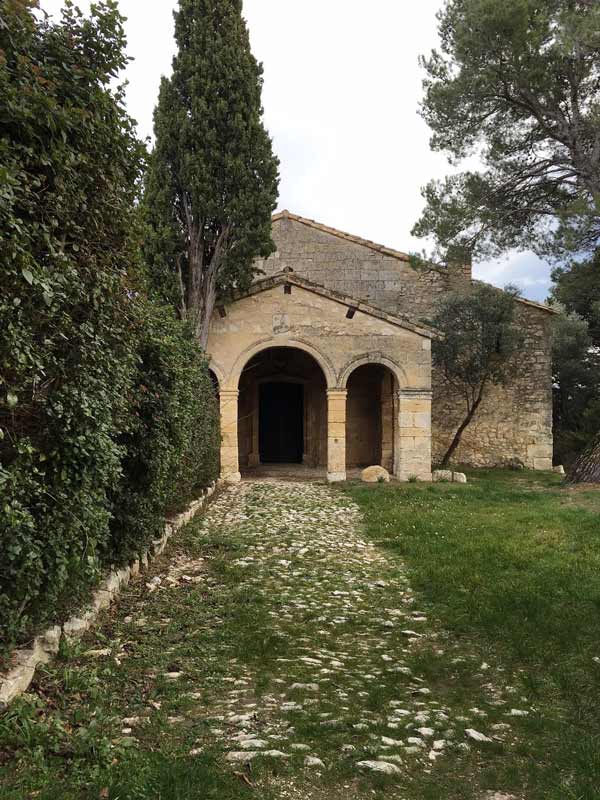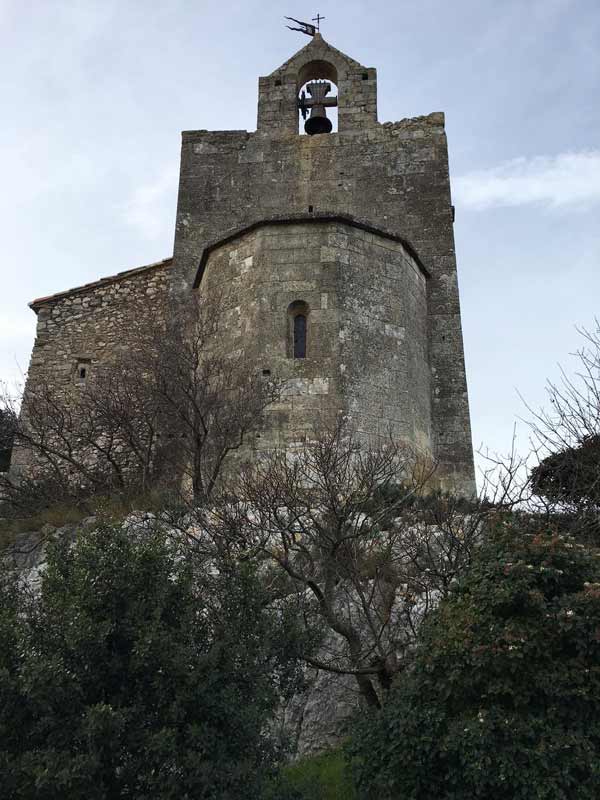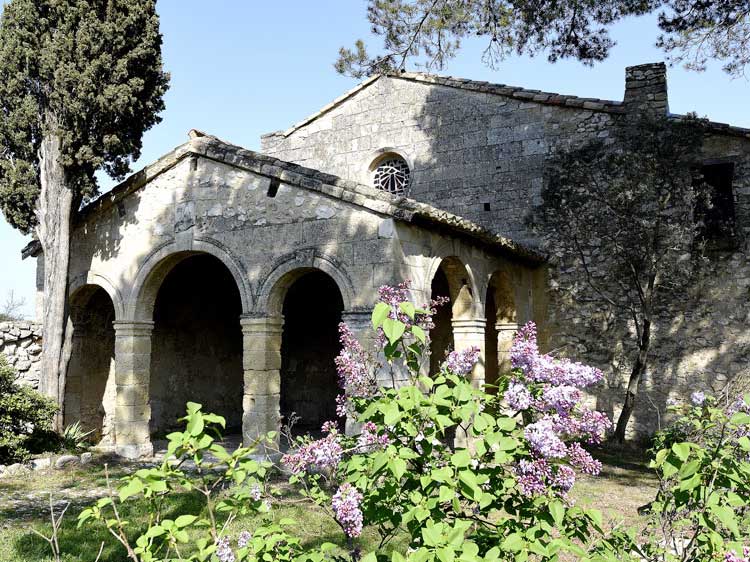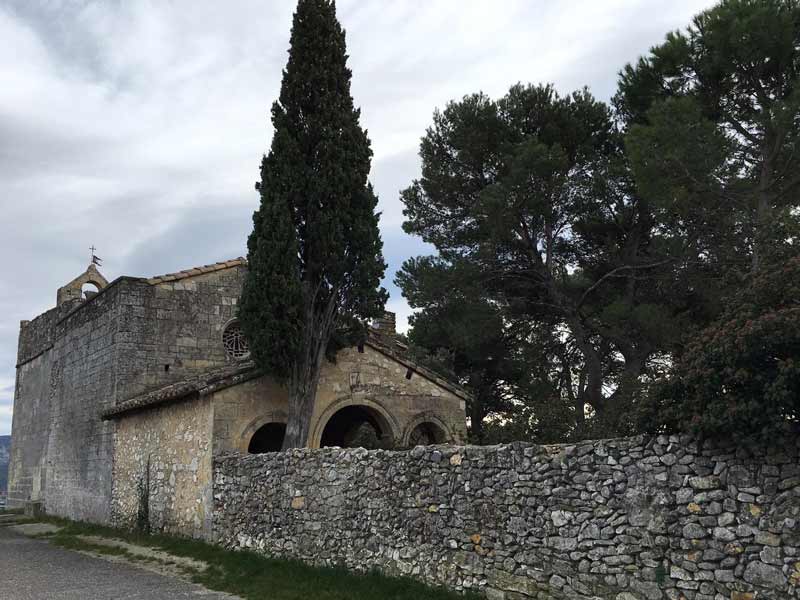Vocations
Vocational paths Doctrinaires
The Congregation offers the possibility of experiencing vocational discernment paths in all the places where it is present, with paths specifically built to best respond to the needs of the participants. Vocational discernment is not limited to the specific religious and priestly vocation, but aimed at identifying and therefore undertaking one’s life choices in the best way. The paths are built according to the age and reality from which each of the participants comes.
Youth vocational animation
In Italy Cesar-stock offers young people in places where Doctrinaries are present a 360° path of vocational discernment, from which a religious vocation could also arise. The path is designed to acquire the ability to discern, or “to be able to see and understand with sufficient clarity”, with community and individual moments during which to deepen the Word of God, live the sacraments, learn to pray, discover the path of Saint Caesar de Bus, experience spiritual accompaniment, gaining concrete experience of community life and service to others.
In Burundi the Doctrinaries propose to the young people four annual meetings of knowledge and accompaniment in discernment, while in India the fathers and brothers during the year visit the villages and families to make themselves known, suggesting to the young people to participate in the vocational camps organized together by several religious congregations; those who wish to enter the Doctrinaries in June are then welcomed for a structured journey. In Brazil, periodic meetings of vocational animation are organized in the schools and parishes entrusted to the Doctrinaries.
The religious vocational path
The Postulate
The postulancy is the first step to be admitted into a religious order or congregation; it is modulated differently from nation to nation and from person to person, depending on the origin and personal formation. It must last at least six months.
In Italy, France and Brazil, students generally study philosophy and theology in depth; in India, they study English and complete their studies up to a bachelor’s degree. In Burundi, they enter after completing ordinary high school studies.
The Novitiate and Temporary Profession
It lasts one year, one tries to live it in the country of origin, but, being able to count on the International Novitiate of the Congregation, based on the various needs, it can still be done in Italy. At the moment, for example, Italians, French and Indians benefit from the International Novitiate. At the end of the Novitiate, those who decide to continue pronounce the temporary Profession and in the following three years – extendable for another three – complete the philosophical and theological studies, almost always obtaining the license in theology, to then make the perpetual profession and receive diaconal and priestly ordination.
The year of spirituality in Cavaillon
In preparation for perpetual ordination, all Doctrinaries live a period of spirituality in Cavaillon, in the land of the Founder, both to deepen their knowledge of Saint Caesar and to cement their friendship with the brothers who will constitute the Congregation of tomorrow. The formation of priests and religious has always been, and today even more pressingly, a main topic and concern of the Church. It could not fail to be so for the Congregation of the Doctrinaires Fathers. To the point that it was the main topic and voted unanimously during the General Chapter of 2018. Since then, the Ratio Formationis Generale has been revised, that is, the normative document that regulates the life and formation of religious from the beginning of the path to ongoing formation.
The Congregation has launched, ad experimentum, a new initiative reserved for doctrinal religious who have reached the end of their initial formation. After perpetual profession and diaconal ordination, the religious do an internship of in-depth theoretical and practical study of the priestly ministry and doctrinarie religious life in Cavaillon, France, to make known the places where the founder Cesare de Bus was born, converted, and lived his ministry as a priest and catechist. The first two brothers arrived in Cavaillon from Burundi in September 2019 and left after being ordained priests in Cavaillon in July 2020. They were the first doctrinaires brothers to be ordained in France since the French Revolution. Other brothers, two deacons and a brother, spent the year of formation in Rome, in the general house, for reasons related to the regularization of their residence permit in France. The two deacons were then ordained priests in the church of Santa Maria in Monticelli in May 2022, the year of Father Cesare’s canonization. At the end of the internship year, the brother asked and was granted permission to continue his studies to become a priest. Since October 2022, three other Burundian deacons have spent their last year of formation in France, in the new community formed in September in the parish of Robion, 7 km from Cavaillon. How does the formation year unfold and what topics are covered? Community life is structured in such a way as to have individual study times followed by moments of sharing. In the morning, time is set aside for personal prayer, the office of lauds and the celebration of mass in the parish. A period of study follows. In the afternoon, the work done in the morning is shared. Then, priestly and religious spirituality is explored, not so much from a theological point of view – which has already been covered in the years of initial formation – but from a pastoral point of view, having as a guide the speeches, catechesis or writings of the latest popes, from Saint John Paul II, to Benedict XVI and, above all, Pope Francis. The formation focuses on the knowledge of the liturgy through the Norms of the Roman Missal, all experienced during the celebration of the Holy Mass, with some participation in the celebration of baptisms, weddings, funerals. Another topic of study is catechesis, with reference to the General Directory of Catechesis, and with participation in catechism meetings with children and young people. The history of the Congregation is also studied, in particular that of the last two hundred years, having as a guide the volume “With the Bible and the Catechism”, published by Father Sergio La Pegna in 2017 and “The history of the Doctrinaries” by De Viguerie, which recalls the years from the constitution of the Doctrinaries until the French Revolution. Always with a careful eye on doctrinarie catechesis.
In addition to theoretical studies, the training includes days of individual spiritual exercises per week; monthly two-day retreats and stays in monasteries; days of retreat or training with the local diocesan clergy; monthly pastoral and training meetings with parish priests. And finally, specific spiritual exercises in preparation for priestly ordination, lasting ten days, with the Jesuits in Lyon.
All community life is lived as an experience of theoretical and practical sharing. Each one with his or her religious service – leading community prayer, preaching, parish secretariat – but also with the preparation of meals and cleaning of the house. In addition to the times reserved for training and those exclusively personal for prayer, study and rest, we combine moments of play and recreation, long walks or sports activities.
The choice to visit the Italian communities, to learn about their mission in the different realities of the Bel Paese, was also very formative. Discovering how other confreres live the charism and learning about the lay doctrinaries realities remains one of the elements of formation that helps to better “visualize” what has been learned in theory; it is indispensable for a formation that helps to understand and live, deepen and practice; it encourages and motivates, makes one responsible and makes one feel free. The example of so many lay fathers, brothers and sisters ignites enthusiasm and allows one to acquire precious experiences.
The year spent between France and Italy allows the many young people who come from our seminaries outside Europe to get to know the source, Cavaillon, and the root, Italy, of the Congregation.




